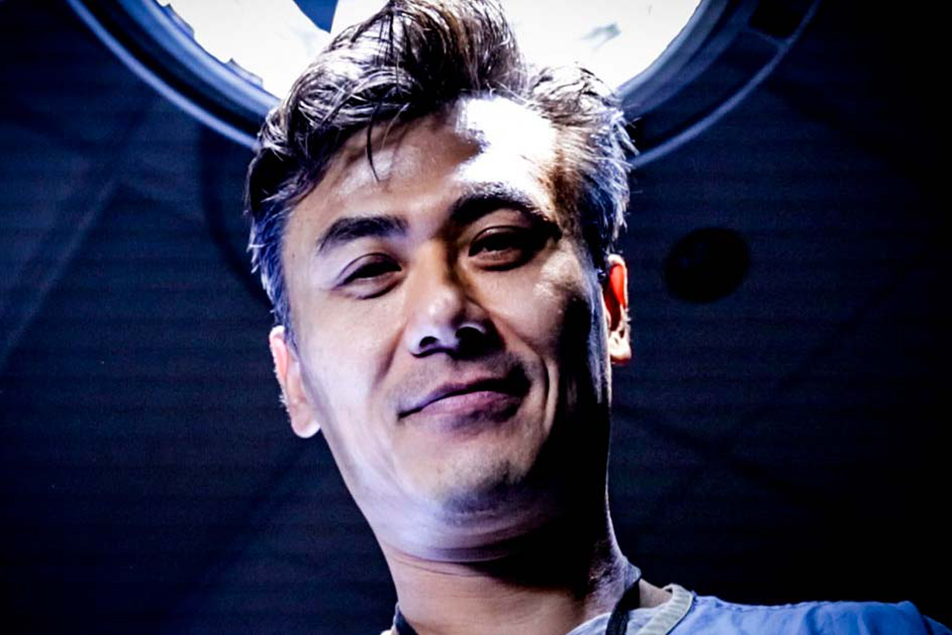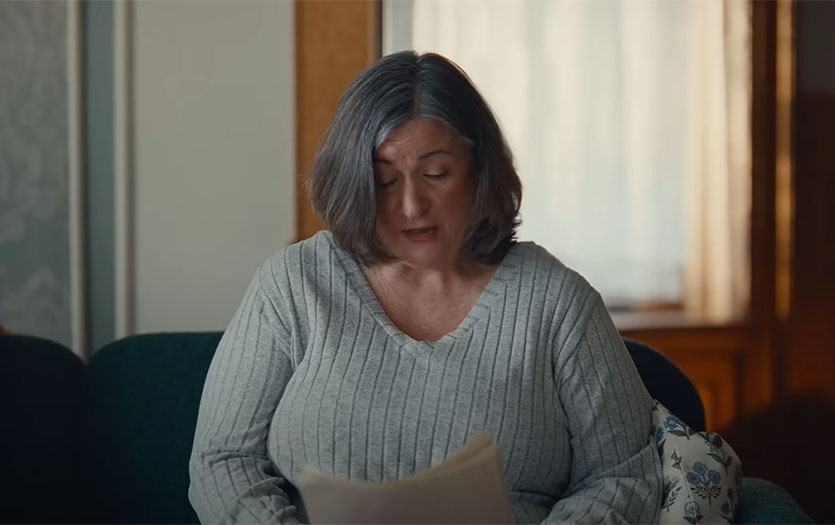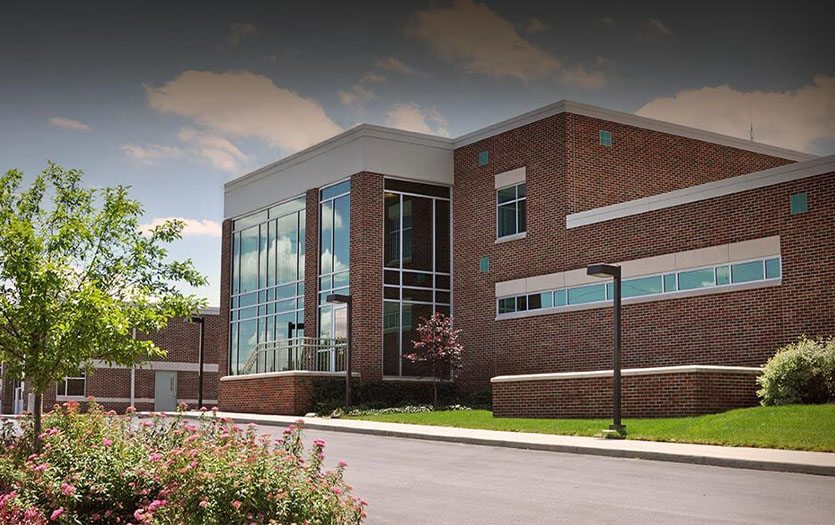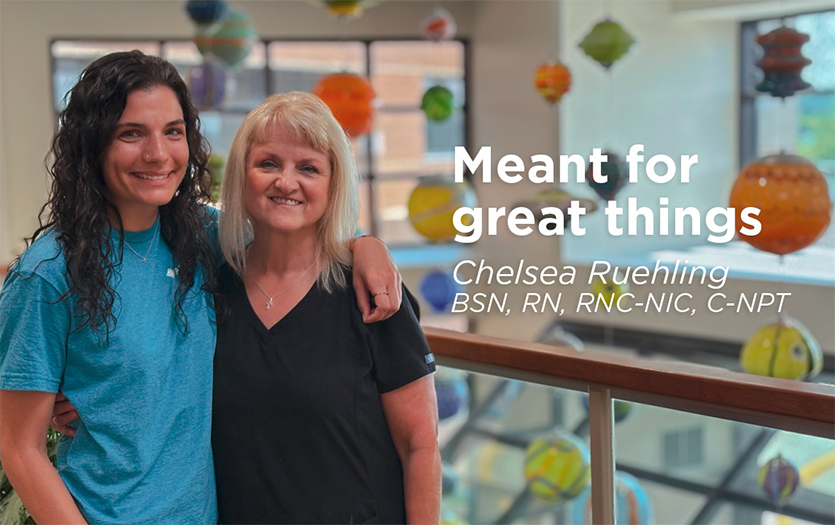

Most people don’t think of anesthesiology as being amusing, but spend some time with Dr. Alton Liu and your opinion will definitely change. To a profession that demands flexibility and focus, Alton brings a healthy dose of personality that lifts both the patient and surgical team.
Fueled by the satisfaction of successful patient outcomes and dedicated to both perfection and playfulness, Dr. Liu is one of the wonderful, witty People of Parkview.
Name: Alton Liu, MD
Official title: anesthesiologist
Where did you go to school?
- Boston University (1988-1992) B.S. Biomedical Engineering
- Boston University (1992-1994) M.A. Medical Science
- Ohio State University College of Medicine (1994-1998) M.D.
- Kettering Medical Center (1998-1999) Transitional Medicine
- University of Washington (1999-2002) Anesthesiology
What made you want to be an anesthesiologist?
What other profession is one expected to pass gas? All kidding aside, it's a wonderful occupation with enormous responsibilities. We have an opportunity, every working day, to be directly involved in helping improve the lives of so many people. However, it comes with unique sets of challenges. Unlike most other doctor-patient relationships, we have a short period of time to gain a patient's trust prior to the surgery or procedure. At the same time we have to acquire all sufficient information to formulate a complex anesthetic plan that is tailored to the patient based on his or her unique medical conditions. This enormous responsibility to positively impact a patient's care is what attracted me to this specialty.
What is your favorite part of your day and why?
There are so many wonderful parts of my day that it would be difficult to pick one. I appreciate all the friendly banter that occurs with the hospital staff, I enjoy meeting my patients and their families, and most importantly, I enjoy the satisfaction of seeing the successful outcome of a surgery. All this occurs as a result of a smooth working system where nurses, doctors, and other support staff work well together.
What qualities make a great anesthesiologist?
In addition to the universal qualities that a doctor must have (compassion, empathy and professionalism), the anesthesiologist must possess the ability to multitask. This ability is essential since the operating room is a complex and dynamic environment. One must be aware at all times of multiple issues – the surgical process and its impact on the patient, the patient’s vitals, perioperative pain management strategies, and other issues specific to the patient.
What’s the simplest way to explain how anesthesia works in the body?
If you have regional anesthesia, we block the nerves so that the nerves cannot send pain information to the brain.
If you have general anesthesia, you are rendered unconscious. The combination of IV anesthetics along with the anesthesia gases temporarily block normal brain activity.
What is the purpose of having people count backward?
This is a form of distraction to help the patient focus on something else. Depending on the circumstance, I prefer to tell jokes (because I am really funny) if the patient is having a routine low-risk surgery. In other cases where the risk is higher, I prefer to reassure the patient that we will all be taking great care of him or her.
Do people ever dream or remember things while under anesthesia? Why or why not?
There are different levels of anesthesia: Level 0 (no sedation), Level 1 (light sedation), Level 2 (moderate sedation), Level 3 (deep sedation), and Level 4 (general anesthesia). At deep levels of anesthesia, one does not dream. However, in one study where patients are specifically asked about the presence or absence of dreams, 22% of the patients recall having dreams. This can occur because as the patient begins to reawaken, the brain activity reaches lighter levels of sedation where dreams can occur.
What moment would you count as your greatest success in this position?
I would count my absolute last day of work as my greatest success because it is at that moment that I can look back at my career and say that I’ve given every single case my best care.
What’s something you hope to accomplish in your career?
I hope to parlay my current role into a Hollywood career. After all, it isn’t too much to ask for a role on Grey’s Anatomy, is it?
What might surprise people about anesthesiology?
1) We actually went to medical school!
2) The anesthesiologist plays an extremely important role in the surgical outcome. The decisions we make can have an important impact long after the surgical procedure.
What is your favorite thing to do outside of work?
I do not have a favorite hobby. However, I do have many hobbies. The list includes woodworking, metalworking, painting, exercising, cooking, traveling, learning new languages, and playing the piano.

If you could tell people to read one book in their lifetime, which would it be?
A book that I read a long time ago, Jack Kerouac’s “On the Road.” was very influential during the early part of my life. It motivated me to explore, travel, and experience many things that this life has to offer. I believe that this has helped me become the person I am today.
What would we find on your bucket list and what do you plan to check off next?
Outside work, my time revolves around my children and family. My current bucket item is learning the French language. Once I have more free time, I’ll focus on traveling with my family.
How do you like to unwind?
Playing the piano helps me relax. I also enjoy exercising with my children.



